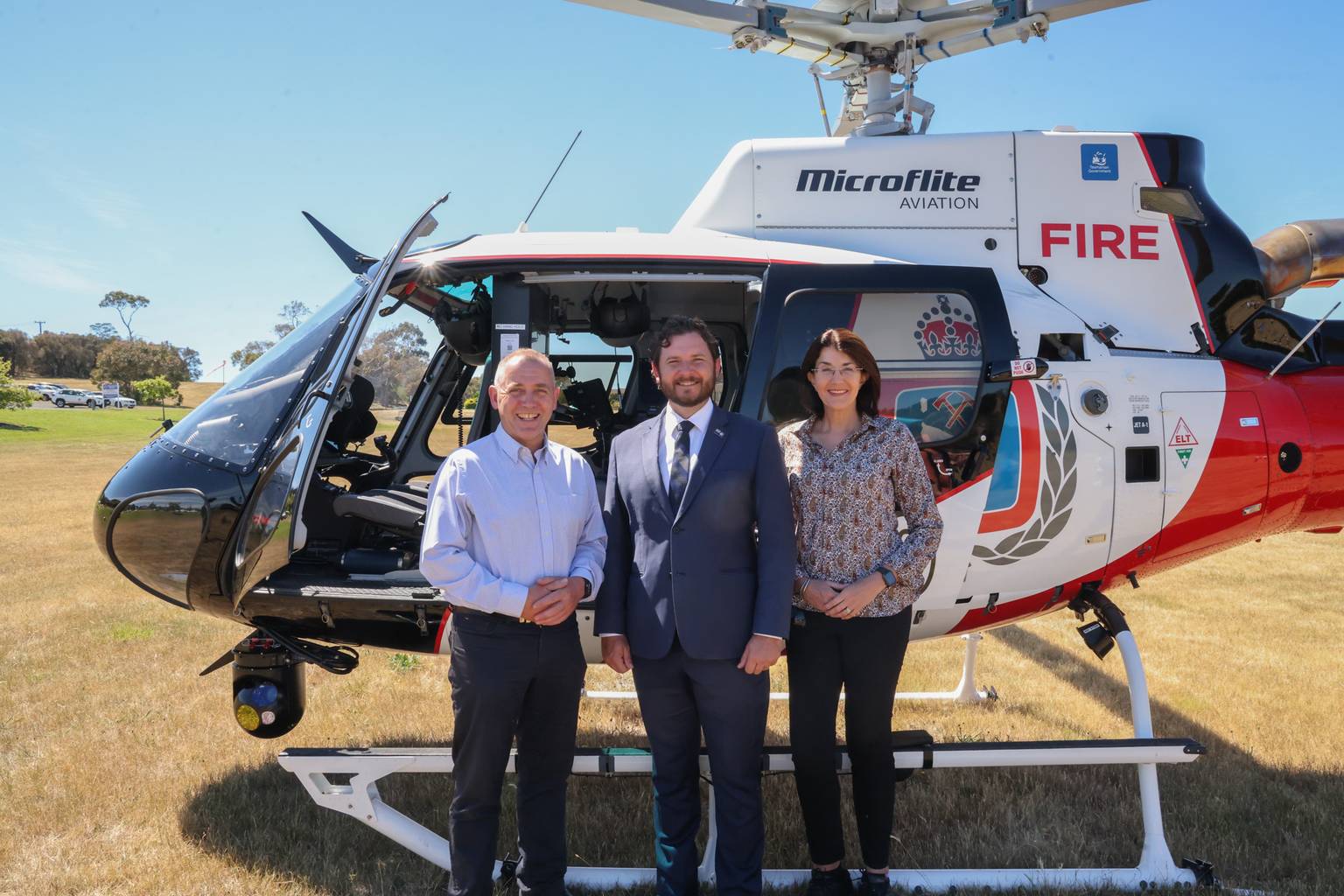Tasmanian organisations dedicated to preventing and managing diabetes are joining forces to tackle the state’s growing problem with the condition.
Diabetes Australia, St Lukes and the University of Tasmania are among the groups collaborating to find ways to reduce the number of Tasmanians living with type 2 diabetes.
According to Diabetes Australia, around 6.1% of Tasmanians have diagnosed diabetes, higher than the national average of 5%.
St Lukes Chief Health Officer Luke Cameron said the disease is preventable in up to 58% of cases and can be managed effectively through good diet and regular exercise.

“The disease rate in Tasmania is going up and up, so this is a critical question,” Cameron said.
“Type 2 diabetes can be prevented in up to 58 per cent of cases, or effectively managed through good diet and regular exercise – so what’s stopping us? The disease rate in Tasmania is going up and up, so this is a critical question.”

The groups met at the St Lukes Launceston wellness hub on Tuesday for a think tank-style event to discuss ideas and share knowledge.
Former Tasmanian Premier Peter Gutwein, who has transformed his health in the last two years by making lifestyle changes, said he is living proof of how such changes can improve health.
“I realised at age 57 two thirds of my life was nearly over and I decided I wanted my last 30 years to be my best 30 years,” Gutwein said.
“I didn’t go on a diet, but I did change my diet to less carbohydrates and more protein and began a daily gym and walking plan.”

Diabetes Australia Tasmania General Manager Minke Hoekstra said it is crucial for experts, stakeholders and advocates to collaborate.
“We’re sharing our experiences and understanding of the main challenges in preventing, detecting and helping people to live healthily with type 2 diabetes in Tasmania,” Hoekstra said.
“Diabetes is the leading cause of many debilitating and costly complications including vision loss, amputation, kidney failure and heart disease.”
“Helping Tasmanians to prevent type 2 diabetes is the only thing that will protect future generations from the painful and costly impact of living with the condition, both on individuals and the health system.”






